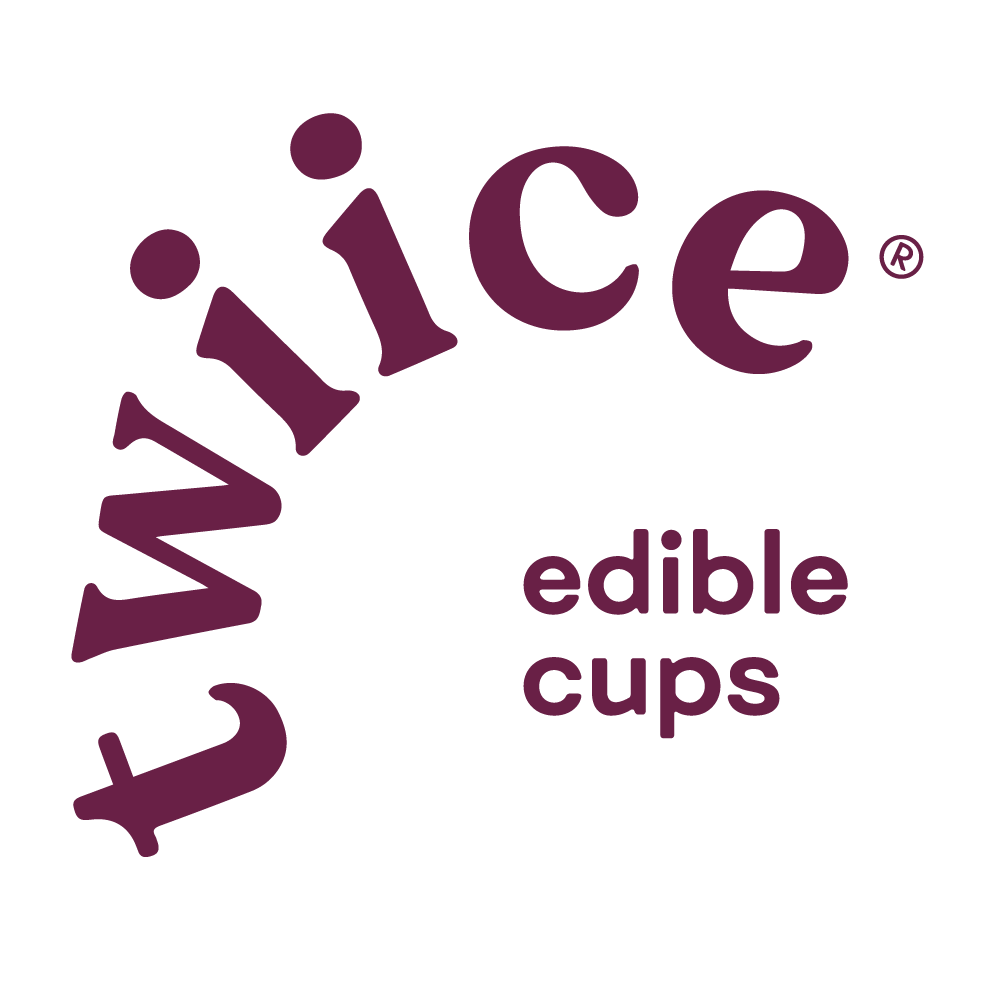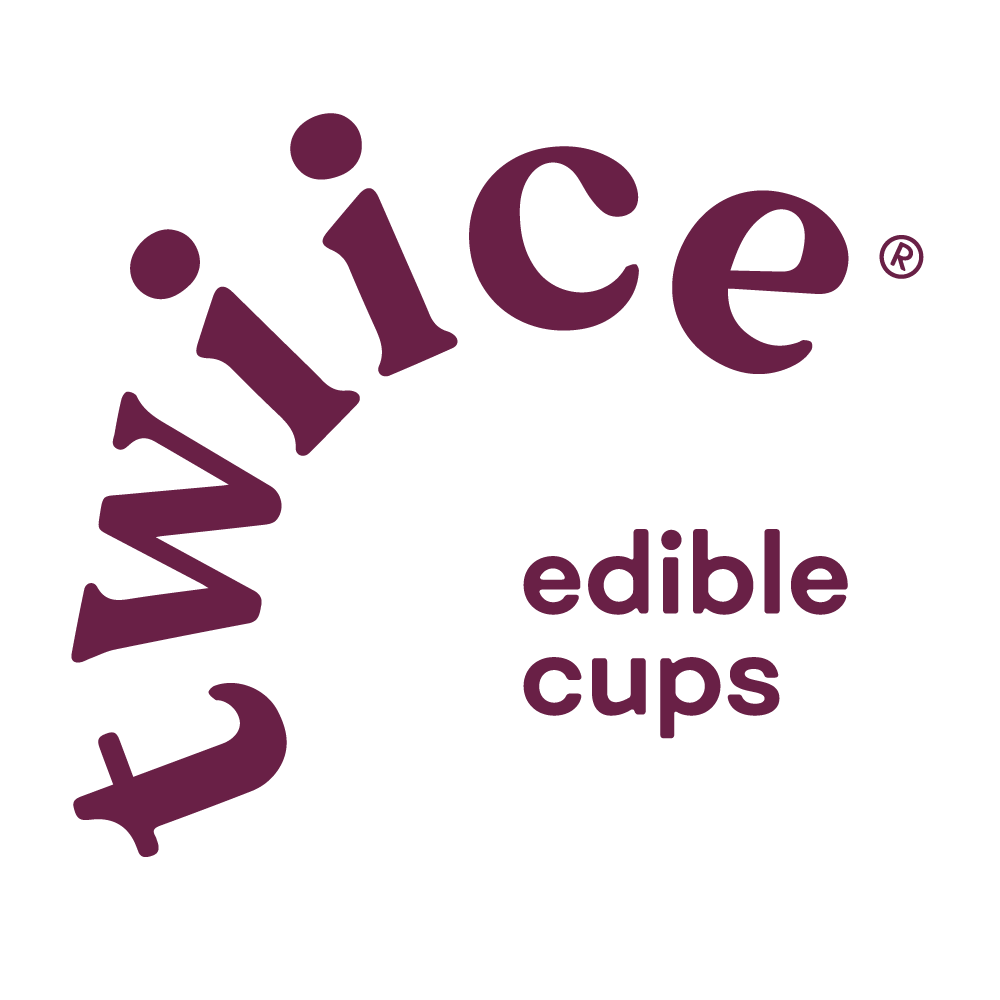

twiice New Zealand LTD

Auckland Region, New Zealand
March 2022
Food products
Manufacturing
New Zealand
Our story begins with the four of us – Jamie and Stephen (son and father), along with wives Simone and Theresa. We’ve always had a knack for the artistic and creative, each bringing our own talents, skills and unique perspectives to the drawing board. Call us a family business, or simply a bunch of committed foodies who love getting stuck into a new project together. As most good things do, the twiice story began unexpectedly, brewed up during one hot summer’s day at the beach. An edible coffee cup, but not one that tastes like seaweed or rice - a really tasty edible coffee cup. To tell you the truth, we came home and completely forgot about it. But a few weeks later, Jamie decided we should give it a shot. We started trialling recipes straight away with standard muffin tins and it wasn’t long before we upgraded to commercial baking equipment. Finally, after years of trial and error, we had a product ready for launch – the twiice cup! The twiice cup is the perfect choice for your morning beverage or late-night dessert. It’s no waste and no dishes. It’s better living and better dining. We’re proud to be part of pioneering a new way forward for the environmentally-friendly cup and hope you enjoy it as much as we do.
Overall B Impact Score
Governance 15.4
Governance evaluates a company's overall mission, engagement around its social/environmental impact, ethics, and transparency. This section also evaluates the ability of a company to protect their mission and formally consider stakeholders in decision making through their corporate structure (e.g. benefit corporation) or corporate governing documents.
What is this? A company with an Impact Business Model is intentionally designed to create a specific positive outcome for one of its stakeholders - such as workers, community, environment, or customers.
Workers 16.5
Workers evaluates a company’s contributions to its employees’ financial security, health & safety, wellness, career development, and engagement & satisfaction. In addition, this section recognizes business models designed to benefit workers, such as companies that are at least 40% owned by non-executive employees and those that have workforce development programs to support individuals with barriers to employment.
Community 19.9
Community evaluates a company’s engagement with and impact on the communities in which it operates, hires from, and sources from. Topics include diversity, equity & inclusion, economic impact, civic engagement, charitable giving, and supply chain management. In addition, this section recognizes business models that are designed to address specific community-oriented problems, such as poverty alleviation through fair trade sourcing or distribution via microenterprises, producer cooperative models, locally focused economic development, and formal charitable giving commitments.
Environment 25.6
Environment evaluates a company’s overall environmental management practices as well as its impact on the air, climate, water, land, and biodiversity. This includes the direct impact of a company’s operations and, when applicable its supply chain and distribution channels. This section also recognizes companies with environmentally innovative production processes and those that sell products or services that have a positive environmental impact. Some examples might include products and services that create renewable energy, reduce consumption or waste, conserve land or wildlife, provide less toxic alternatives to the market, or educate people about environmental problems.
What is this? A company with an Impact Business Model is intentionally designed to create a specific positive outcome for one of its stakeholders - such as workers, community, environment, or customers.
Customers 3.6
Customers evaluates a company’s stewardship of its customers through the quality of its products and services, ethical marketing, data privacy and security, and feedback channels. In addition, this section recognizes products or services that are designed to address a particular social problem for or through its customers, such as health or educational products, arts & media products, serving underserved customers/clients, and services that improve the social impact of other businesses or organizations.